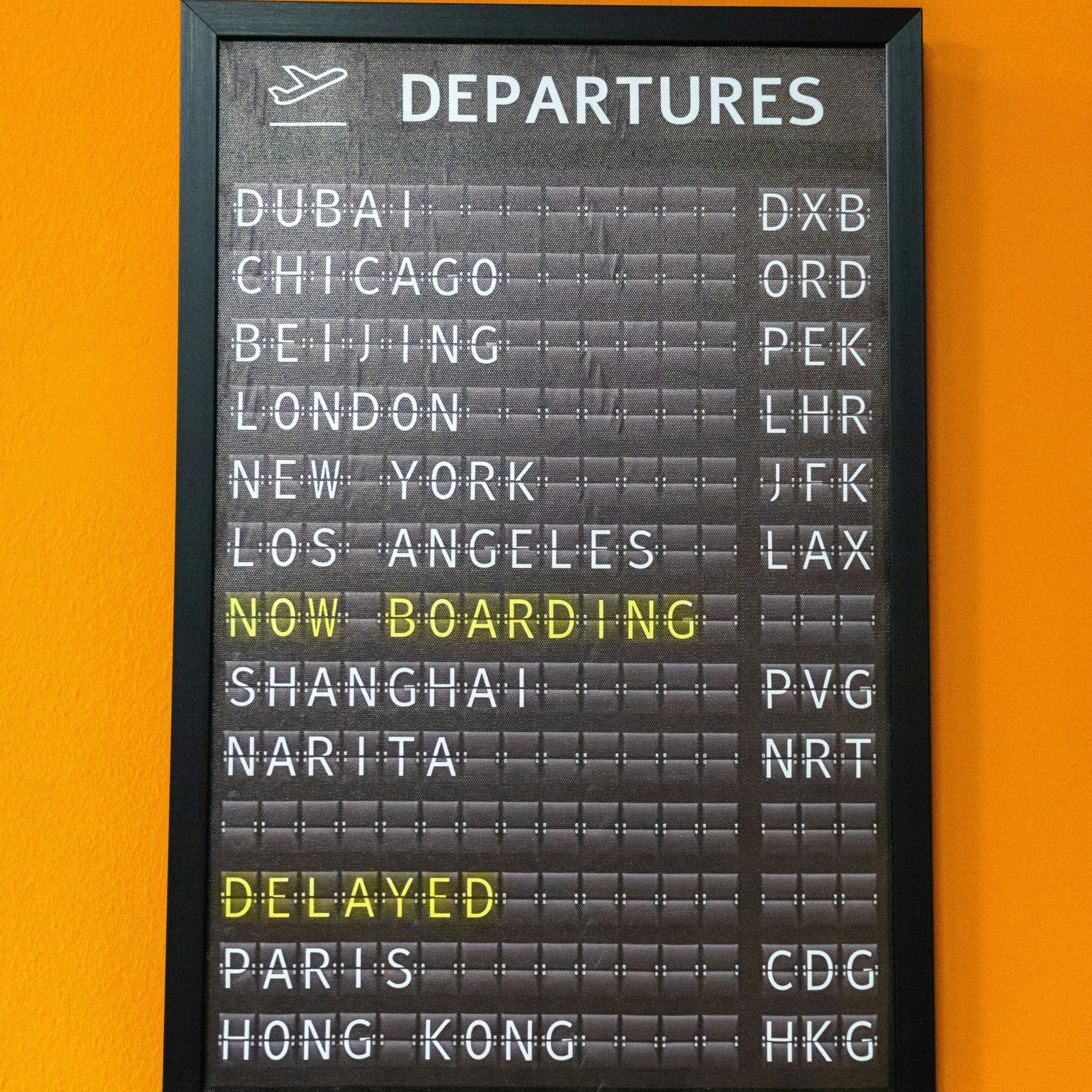In today’s hybrid work environment, digital tools, and remote communication, many businesses are re-evaluating the role of corporate travel.In an era of hybrid work, digital tools, and remote communication, many businesses are re-evaluating the role of business travel. With instant access to videoconferencing platforms, the need for physical presence may appear diminished. However, business reality suggests the opposite: business travel not only remains relevant, but is emerging as a targeted tool for strategic growth.
Today’s approach is no longer focused solely on cost reduction. The emphasis has shifted to Return on Investment (ROI)—not just as a financial metric, but as a combination of commercial value, relationship-building, influence, and presence in emerging markets.
Τεχνητή Νοημοσύνη στα Επαγγελματικά Ταξίδια
Human Presence as a Strategic Advantage
Face-to-face contact fosters trust and security in ways no digital platform can replicate. Especially in regions where personal relationships are foundational to business culture—such as the Middle East, Southeast Asia, and Southern Europe—in-person meetings are not merely preferable but essential for establishing and maintaining partnerships.
Beyond trust-building, physical presence accelerates decision-making, enhances negotiation effectiveness, and reveals critical unspoken signals—such as body language and cultural nuances—that cannot be fully conveyed through a screen.

Measurable Impact: Beyond Immediate Profit
The ROI of business travel extends far beyond immediate financial gains or deal closures. It includes strengthening long-term loyalty and trust through deeper client and partner relationships, accessing new markets via local presence and opportunity exploration, mobilizing internal teams by empowering leaders and promoting cross-departmental collaboration, and representing the company on the international stage through participation in conferences, trade shows, and strategic B2B meetings that elevate brand visibility.
A Strategic Approach to Business Travel
Forward-thinking companies view business travel not as an operational expense, but as a tool of strategic importance. Each trip is evaluated based on clear KPIs, aligned with the company’s commercial goals, and incorporated into a system of continuous performance monitoring.
The use of data analytics enables businesses to understand traveler behavior, forecast expenses, optimize itineraries, and assess the overall value of each trip against its intended outcomes. This approach enhances negotiation power with suppliers, improves resource management, and supports data-driven strategic decisions.
The Role of Mideast Travel Worldwide: From Management to Performance
Mideast Travel Worldwide goes far beyond booking services. It acts as a strategic partner, contributing to the planning, alignment, and support of business travel in line with each organization’s unique priorities.
Through targeted consulting, advanced technology tools, and personalized services, Mideast plays an active role in crafting travel programs that support sales growth, new account acquisition, regional expansion, or corporate representation at global events. Every trip is designed with its strategic purpose in mind and evaluated based on measurable results.
Business travel is not a luxury—it is a fundamental driver of influence and growth. In a business environment where trust and human connection play a central role, physical presence takes on renewed value.
Organizations that recognize this and invest strategically in corporate travel are those that maintain a competitive edge, reinforce internal culture, and build the relationship networks of their future—face to face.


Comment (0)